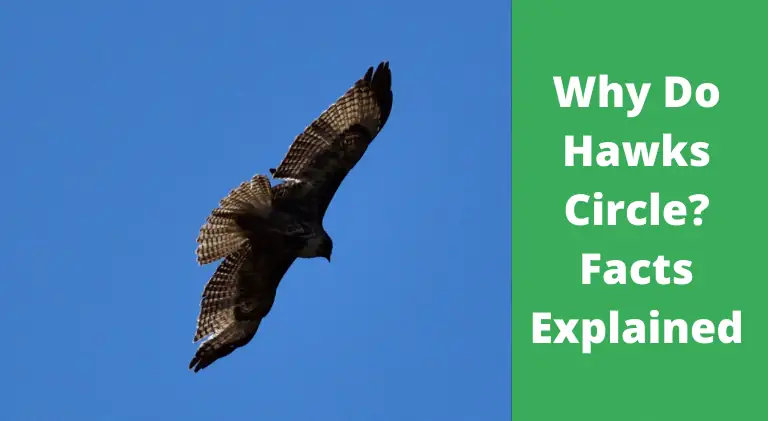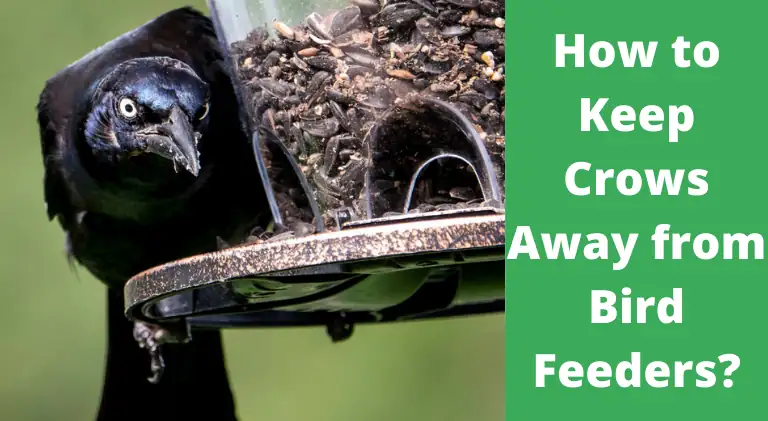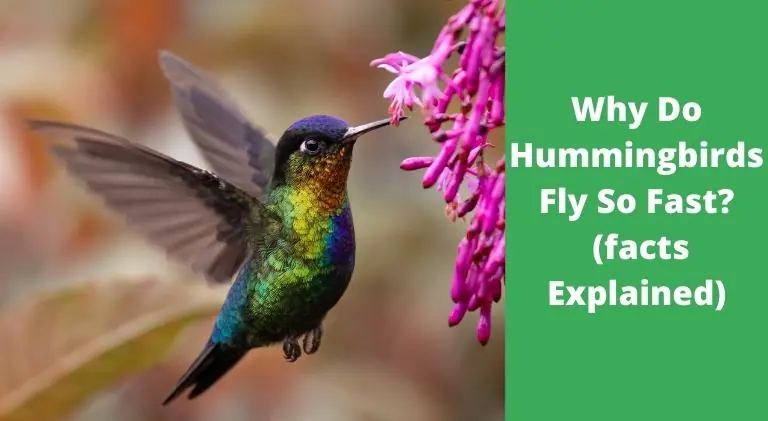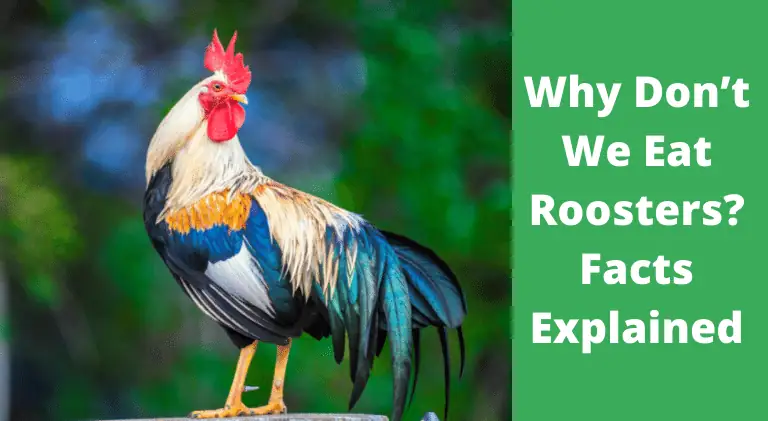Will Blue Jays Kill Baby Birds? Read This First
Are you worried that a blue jay might attack your baby birds? It’s a common concern among birders and for good reason. So will blue jays kill baby birds?
Blue Jays are renowned for their omnivorous diet, yet it’s exceptionally uncommon that they feed on the newly hatched chicks of smaller birds such as robins and hummingbirds. Typically, Blue Jays feast upon insects, seeds, and nuts to satisfy their appetite.
They are one of the most aggressive species in North America and have been known to kill small animals, including baby birds.
But it’s important to understand why they do this before we can answer the question of whether or not they will hurt your feathered friends.
In this article, we’ll explore blue jays’ behavior towards other birds, their motivations for attacking them, and ways to protect your backyard flock from potential harm.
So read on if you want to know more about how dangerous blue jays are!
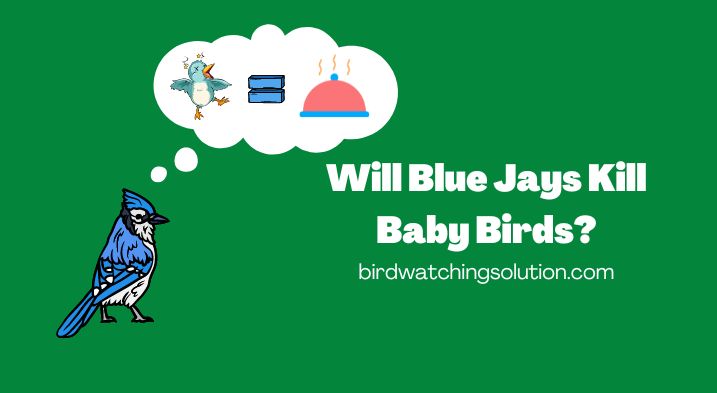
Do Blue Jays Kill Other Birds?
The first thing that most people want to know about is the behavior of blue jays toward other birds. Many beginner birders are interested in knowing whether or not blue jays can kill other birds.
Unfortunately, blue jays are known to be one of the most aggressive species in North America and have been known to attack small birds such as robins and hummingbirds.
However, it is not a common occurrence for them to do so. Blue jays typically only attack other birds if they feel threatened or their territory is invaded.
Apart from that, they are also very cautious about their food. You might have noticed them on bird feeders where they try to bully cardinals and scare them away.
Although most of the time they are feeding together but sometimes when they feed that they need to feast alone they will use different tactics.
Do Blue Jays Feed On Other Birds?
There is a myth that blue jays feed on the babies of robins, hummingbirds, and other small species and it makes sense up to some extent.
This is because blue jays are larger than those birds and due to being corvids they are quite intelligent and smart.
They can easily outsmart, kill and eat other birds. However, very few such incidents have been found in reality though.
I have done an extensive amount of research and asked many expert birdwatchers ornithologists and scientists about their behavior.
Many of them have confirmed that the main diet of blue jays only consists of nuts, seeds, and insects. They might occasionally eat a baby bird but that is quite rare as they are not fond of eating other birds.
Do Blue Jays Attack Other Birds’ Nests?
Now that we have talked about the behavior of blue jays towards other birds, you might be wondering if they can attack other birds’ nests.
The answer to this question is a definite yes. Blue jays have been known to attack other birds’ nests if they feel threatened or their territory is invaded.
They can also eat eggs and chicks from the nest. According to an article published in the nature journal of citizen times, blue jays start raiding other nests nearby during the late spring.
This is mainly in search of food supplies stored by other birds. If they can’t find anything they will steal eggs and nestlings of small birds such as robins and hummingbirds.
Will Blue Jays Eat Other Birds Eggs?
Ok! so far we have talked about the opportunistic behavior of these omnivores but what happens when they raid other birds’ nests? Can they eat eggs along with the babies?
The answer is yes, the blue jays have been known to eat eggs and nestlings of other birds. They are opportunistic and will take advantage of any food source they can find, even if that means taking eggs from another bird’s nest.
Blue Jays also hoard their eggs to keep them safe from predators. They will hide their eggs away in an area where they feel safe or protect them with a cover of leaves or twigs so no one can see them. This behavior helps ensure the survival of their young before hatching.
In addition, Blue Jays use intimidation tactics to scare off other birds from their nests. They make loud calls, chase nearby animals in the air, and even attack intruders. This is done to protect their eggs and young from predators as well as competitors for food and nesting sites.
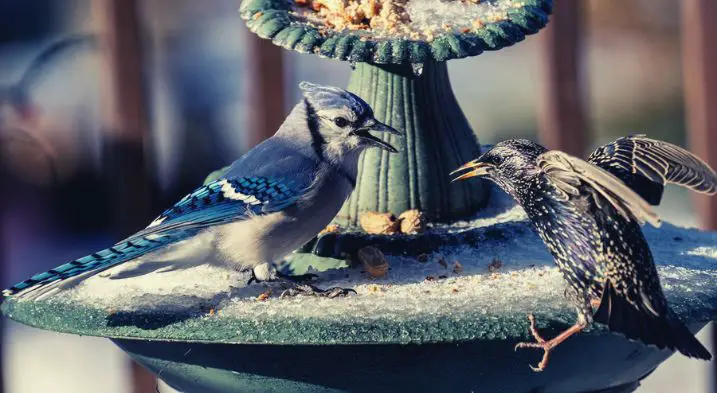
Are Blue Jays Mean to Other Birds?
Another question that might come into mind is whether blue jays are mean to other birds. Yes, they can be very mean and aggressive to other birds if they feel threatened or their territory is invaded.
They might even kill small birds and consume their eggs as a food source. Blue jays are also known for their mobbing behavior. If they find an intruder in their territory all of the blue jays will gang up on that intruder.
They will start screaming loud and chase away that intruder bird. The bird has now two options; either fight those mean and aggressive blue jays which have a 0% chance of survival or run away and leave their territory.
They are known to chase away a lot of birds and even hawks, crows, ravens, and starlings if they try to enter their territory.
Not only toward birds but they are also quite active against other predators too. For instance, if there is a snake around their nest.
They start screaming with their loud “Jay” sound and will try to scare away the snake or at least warn others about the threat.
This way other blue jays in the territory get alert and look for a safe place as soon as possible.
So, to sum it up yes blue jays can be mean and aggressive towards other birds if they feel threatened or their territory is invaded.
But most of the time they are just going about their day trying to find food sources and defending themselves from predators.
They rarely attack or eat other birds and mostly focus on gathering nuts, seeds, and insects for sustenance. It is just something that they do when necessary.
Which Birds Do Blue Jays Commonly Attack?
Blue jays are known to be very territorial and will attack other birds that enter their territory. Many of the birds they commonly attack include sparrows, finches, cardinals, bluebirds, catbirds, robins, chickadees, grackles, warblers, and orioles.
They may also attack smaller raptors such as hawks or owls if provoked. Blue jays can also be aggressive towards larger animals such as cats or squirrels. In some cases, they may even attack humans if they feel threatened.
It is important to always remain vigilant when observing a blue jay in its natural habitat and give them plenty of space so that you do not disturb them.
If provoked too much a blue jay can become quite aggressive, so it is important to be aware of your surroundings if you encounter one.
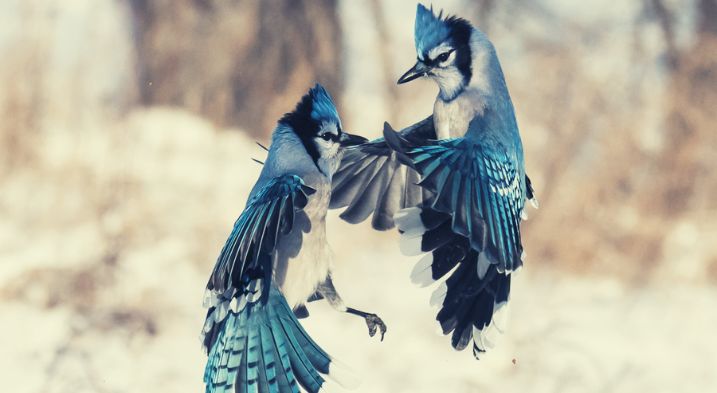
Can Blue Jays Attack Other Blue Jays?
While they might be too aggressive to other birds, blue jays are surprisingly friendly to other blue jays. They seldom attack other blue jays, but they do engage in mild skirmishes over food or nesting sites.
These intelligent birds are highly social and usually scavenge for food in groups, so they are known to share resources with other birds of their species.
Blue jays are also known to communicate and cooperate, making them one of the most social species of birds.
Do Blue Jays Eat Dead Birds?
Another question that comes into mind is whether blue jays eat dead birds.
Blue jays are typically omnivores and they mostly feed on various kinds of seeds, insects, and fruits. They do attack other birds and their eggs sometimes but we have already talked about that in detail.
However, they rarely kill other birds to feed on their meat. If you happen to find a blue jay eating a dead bird that is probably because the bird died from a natural cause and not due to any aggressive attack by the blue jay.
So, generally speaking, blue jays do not eat dead birds as a part of their diet. Rather they use them as an additional source of food if there is nothing else available.
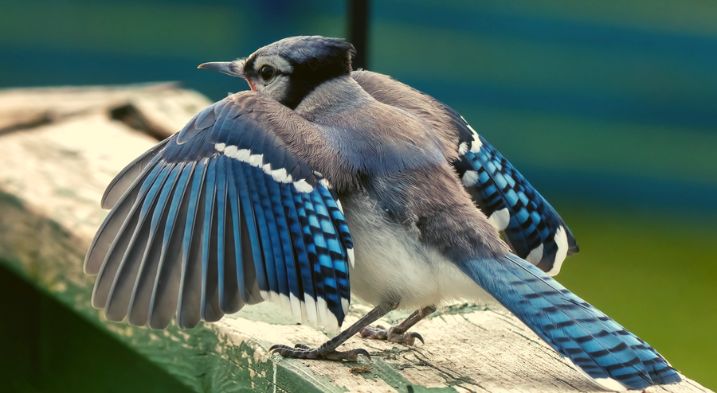
Last Minute Thoughts!
In this article, we discussed the behavior of blue jays in detail and talked about their response to other birds, their babies, and their eggs.
We learned that blue jays can eat babies and eggs from other nests but it rarely happens.
We also learned that blue jays can be quite aggressive if their territory is invaded and they will attack other birds or animals to defend themselves.
It is important to keep your distance from a blue jay’s nest because they can become very aggressive toward anyone who gets too close.
Finally, we discussed the question of whether blue jays eat dead birds and concluded that they rarely do this as part of their diet but may scavenge them if there is nothing else available.
Understanding the behavior of any species of animal is essential for maintaining harmony between humans and nature. Hopefully, this article helped you learn something new about blue jays and their behavior!

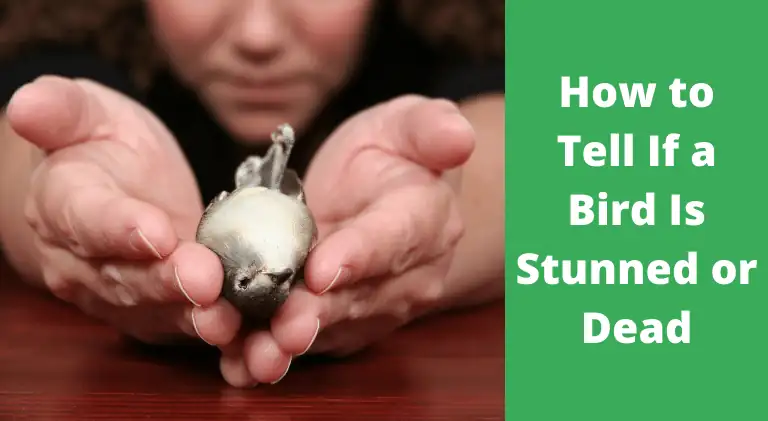
![What Do Baby Cardinals Eat? – [Ultimate Guide]](https://birdwatchingsolution.com/wp-content/uploads/2021/12/What-Do-Baby-Cardinals-Eat_.webp)
